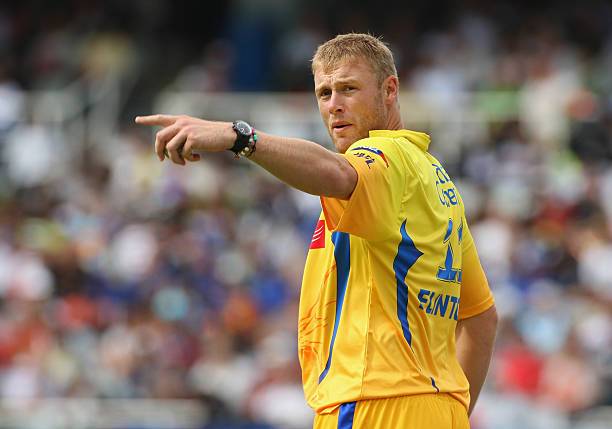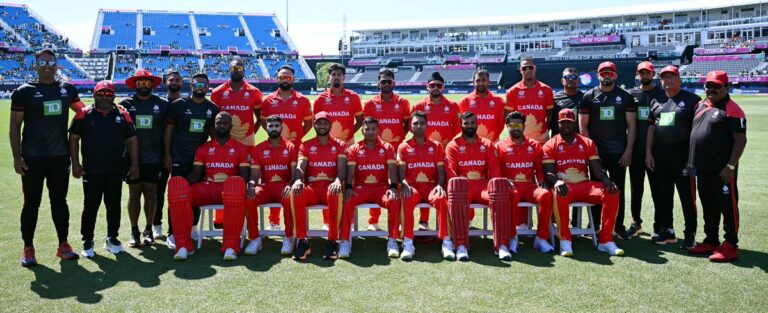Analyzing the Impact of Social Media on Preventing Match Fixing, Corruption, and Ethical Issues in Cricket: All panel.com, Online cricket id, Get online cricket id
all panel.com, online cricket id, get online cricket id: Analyzing the Impact of Social Media on Preventing Match Fixing, Corruption, and Ethical Issues in Cricket
Cricket is a sport loved by millions around the world, but it has not been immune to issues like match-fixing, corruption, and ethical dilemmas. In recent years, social media has played a significant role in shedding light on these issues and preventing them from tarnishing the reputation of the game. Let’s take a closer look at how social media has impacted the prevention of match-fixing, corruption, and ethical issues in cricket.
The Power of Social Media in Exposing Wrongdoings
Social media platforms like Twitter, Facebook, and Instagram have become powerful tools for fans, players, journalists, and governing bodies to uncover and report suspicious activities in cricket. With the wide reach and instant communication that social media provides, it has become easier to share information, voice concerns, and hold those involved in malpractices accountable.
1. Uncovering Match-fixing Schemes
Match-fixing is a serious threat to the integrity of cricket, but thanks to social media, suspicious incidents are quickly brought to light. Fans and insiders can share evidence, screenshots, and videos of potential match-fixing activities, alerting authorities and prompting investigations into the matter.
2. Exposing Corruption within Cricket Boards
Corruption within cricket boards is another issue that has plagued the sport for years. Social media has become a platform for whistleblowers to come forward and reveal instances of bribery, favoritism, and other unethical practices within governing bodies. This transparency has forced boards to take action and implement stricter measures to ensure transparency and accountability.
3. Addressing Ethical Concerns
Ethical dilemmas, such as conflicts of interest, player misconduct, and doping, are prevalent in cricket. Social media has played a crucial role in raising awareness about these issues and pushing for reforms to promote fairness and integrity in the game.
The Role of Social Media in Preventing Future Incidents
In addition to exposing wrongdoings, social media has also helped in preventing match-fixing, corruption, and ethical issues in cricket. By creating a culture of accountability and transparency, social media has encouraged players, officials, and administrators to uphold the highest standards of sportsmanship and integrity.
4. Educating Players and Fans
Social media campaigns, awareness programs, and informative posts have helped educate players and fans about the dangers of match-fixing, corruption, and ethical lapses in cricket. By spreading awareness and sharing resources, social media has empowered individuals to make informed decisions and report any suspicious activities.
5. Enforcing Stricter Regulations
Governing bodies have started to leverage social media to enforce stricter regulations and monitoring mechanisms to prevent malpractices in cricket. By tracking online conversations, monitoring player behavior, and analyzing data trends, authorities can identify red flags and take proactive measures to safeguard the integrity of the game.
6. Promoting Transparency and Accountability
Social media has paved the way for greater transparency and accountability within the cricketing community. By promoting open discussions, encouraging dialogue between stakeholders, and holding individuals accountable for their actions, social media has fostered a culture of honesty and integrity that is essential for the sustainability of the sport.
FAQs
1. How can fans contribute to preventing match-fixing in cricket through social media?
Fans can contribute by reporting any suspicious activities, sharing evidence, and amplifying voices that speak out against malpractices. By staying informed, engaging with relevant content, and supporting ethical practices in cricket, fans can play a crucial role in maintaining the integrity of the game.
2. What measures can cricket boards take to prevent corruption and ethical issues in the sport?
Cricket boards can implement stringent regulations, conduct regular audits, establish independent oversight committees, and promote ethical guidelines to prevent corruption and ethical dilemmas within the sport. By prioritizing transparency, accountability, and fair play, boards can create a conducive environment for players, officials, and fans to uphold the values of cricket.
In conclusion, social media has emerged as a powerful ally in the fight against match-fixing, corruption, and ethical challenges in cricket. By leveraging the reach, speed, and engagement of social media platforms, stakeholders can work together to safeguard the integrity of the game and ensure a level playing field for all. Let’s continue to harness the power of social media to uphold the values of cricket and preserve its legacy for generations to come.







